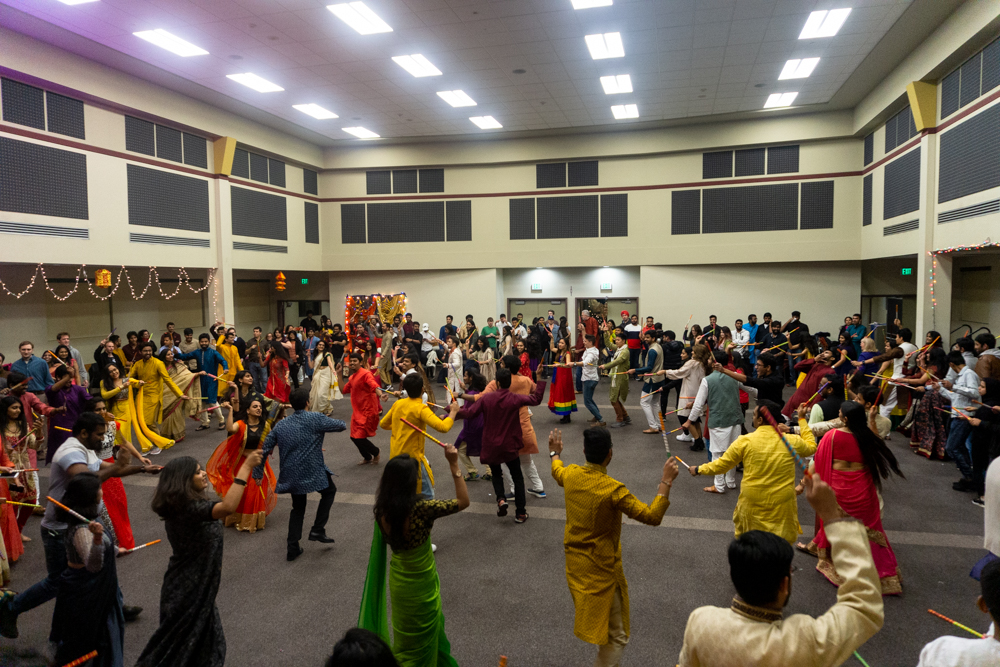Censorship, in patriotic guise, is no less dangerous
What exactly constitutes a patriot? The American Council of Trustees and Alumni (ACTA) thinks it knows. Its recently published report, “How Our Universities Are Failing America and What Can Be Done About It,” lists over “a hundred” (sic) instances of campus voices questioning U.S. foreign policy and military action in the wake of Sept. 11.
The paper’s authors, Jerry L. Martin and Anne D. Neal, worry about the “unpatriotic” tone of the views expressed. The examples given include views expressed in columns such as this one, remarks made by professors and even signs held at campus anti-war rallies – all taken out of context.
These remarks, made by the Dean of the Woodrow Wilson School at Princeton University, were among those listed: “There is a terrible and understandable desire to find and punish whoever was responsible for this. But as we think about it, it’s very important for Americans to think about our own history, what we did in World War II to Japanese citizens by interning them.”
It seems the council is against any level-headed thought processes. They are all for the rash, unbridled anger we have seen in our communities since the attacks. Anger is understandable given the circumstances, but it is the job of our leaders to check that anger and funnel it into noble acts and rational thought. This is exactly what the above-quoted speaker attempted to do.
The ACTA’s view is that these are the officially sanctioned words of academia, and that opposing views will not be tolerated on campus. The simple fact is that the majority of the college population supports the war on terrorism, though that is not even the issue. The issue is censorship.
To not fully support or call into question the actions of the United States is every citizen’s right and duty as he or she sees fit. The voice of individuals must not be called into question – the airing of one’s personal views is the most patriotic of acts.
The ACTA is a nonprofit organization based in Washington, D.C. that claims to be “dedicated to academic freedom, quality and accountability.” The fact is, the council is devoted to imbuing our campuses with its conservative views.
Founded in part by Lynne V. Cheney, the wife of the vice president, the council has previously published reports such as “The Shakespeare File: What English Majors Are Really Studying.” This report is a diatribe against “new English” courses – especially those dealing with theory, popular culture, oppressed peoples and gay and lesbian studies. The Shakespeare thing is just a way to couch their views. The paper tells us that Shakespeare is not required reading for the majority of English majors in the United States. I would like to respond to that, but I won’t.
“Even courses that appear to be broad and basic often have disappointing content,” the report reads. Is there something wrong with focus? An example given is a course at the University of Florida, “Women in Popular Culture.” The course description quoted in the report states that the class examines “the poetics of expression” and “women and gender representation” in popular culture. It is hard to find fault in that course description, but somehow the council manages.
The council has a right to air these views, but on all fronts the attack is a partisan one. We live in a republic which guarantees the right to freedom of speech, and this remains our greatest strength as a nation. It seems though, some want to censor anyone whose ideas come into conflict with their own.
These, and other disturbing ACTA reports, can be read at www.goacta.org.


